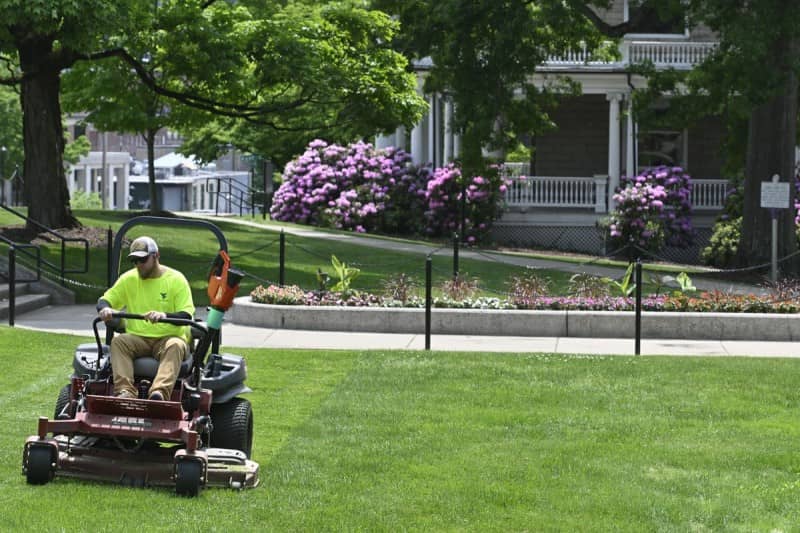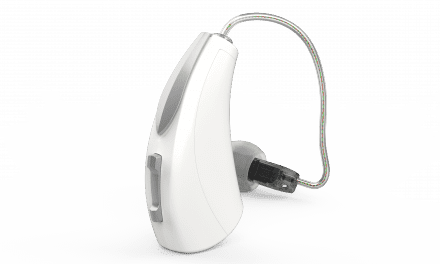Summary:
A West Virginia University audiologist offers a reminder that patients need to protect their hearing from loud summer activities, warning that even brief exposures to high noise levels from tools and loud events can cause irreversible hearing loss.
Key Takeaways:
- Common summer sounds — like landscaping tools, concerts, and fireworks — often exceed safe noise levels, risking permanent damage in minutes.
- Noise-induced hearing loss is painless and cumulative; prevention with earplugs or earmuffs is far more effective than trying to treat damage later.
- High-fidelity earplugs and smartphone decibel apps can help people enjoy loud events safely without sacrificing sound quality.
As noise from mowers, blowers, chippers, and whackers fills neighborhoods and events like outdoor concerts and fireworks displays draw crowds, a West Virginia University audiologist wants people to know that temperatures aren’t the only thing shooting sky high in the summer months.
This is the perfect time for audiologists and other hearing care professionals to remind patients of the hearing loss risks that loud Summer activities can pose, and of the importance of hearing protection.
For example, many people may not realize that common landscaping tools can reach decibel levels capable of damaging hearing in as little as 15 minutes, warns Eric Johnson, assistant professor in the WVU School of Medicine Division of Communication Sciences and Disorders.
He wants audiology patients to understand that while noise-induced hearing loss is painless, progressive, and permanent, they can prevent it by wearing earplugs or protective earmuffs.
“Over time, repeated exposure to loud sounds can cause irreversible damage to the hair cells in the inner ear,” Johnson likes to remind everyone. “This damage adds up, even if each individual exposure seems minor. Once that damage is done, there is no way to restore natural hearing. Hearing aids turn up the volume but can’t do much about the lack of speech clarity that is so frustrating for many with hearing loss. That’s why prevention is crucial,” he emphasizes.
He also worries that many people disregard the dangers of being around noise others are making, and therefore don’t take the necessary precautions.
“If you’re the one using noisy equipment, hearing protection is a must. But even bystanders can be at risk depending on how close they are and how long they’re exposed to the noise,” he wants patients to realize. “If you’re within a few feet of a leaf blower, chainsaw, or race car engine, you should be wearing hearing protection. Foam earplugs or earmuffs can reduce noise by 15 to 30 decibels and are widely available and inexpensive.”
Johnson wishes more people would use phone apps to monitor decibel levels to easily determine when they should be using hearing protection. And even more importantly, he advocates for having and using adequate hearing protection.
“The good news is that there are high-fidelity earplugs, designed for music lovers, that lower the volume without distorting the sound,” he offers as encouragement for patients. “If you love live music or motorsports, wearing ear protection lets you enjoy the experience safely — and still hear well for summers to come.”
Featured image: Many patients could benefit from a reminder that hearing protection is essential to prevent hearing loss when operating lawn equipment or engaging in other loud Summer activities. Photo: WVU Photo/Jennifer Shephard




